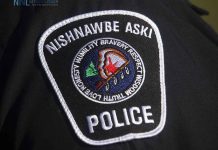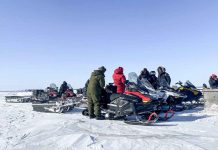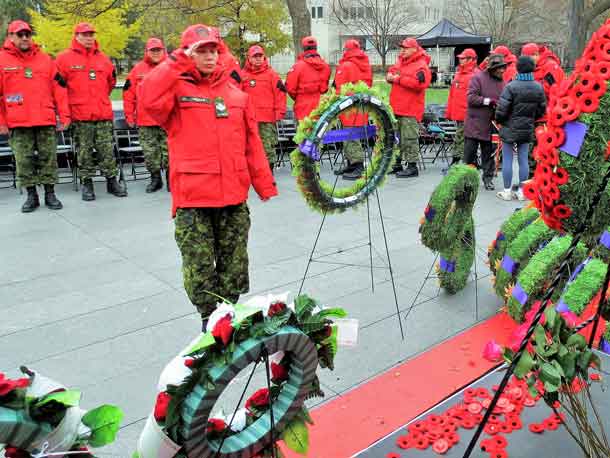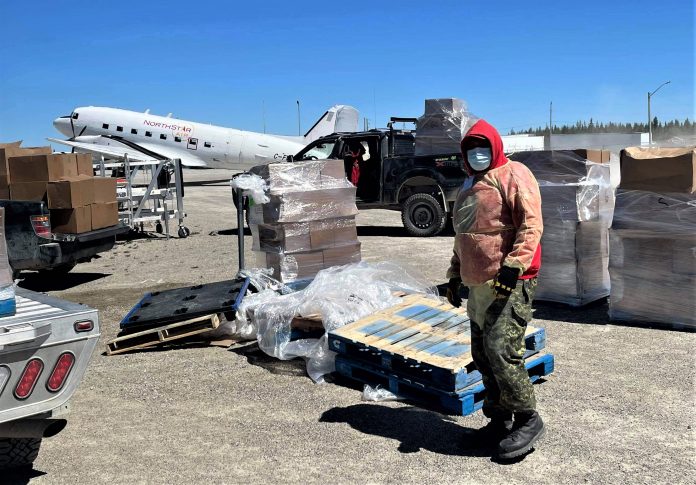
By Sgt Peter Moon
The Canadian Rangers of Northern Ontario are fully engaged in the fight against COVID-19.
“The Rangers are doing multiple operations at the same time,” said Major Douglas Ferguson, the acting commanding officer of the 3rd Canadian Ranger Patrol Group (3 CRPG), which commands the Rangers of the Far North of Ontario. “They are supporting vaccination clinics in First Nations in Northern Ontario and, at the same time, dealing with COVID-19 outbreaks on the James Bay coast.”
The Canadian Army has sent Rangers, who are part-time army reservists, to Kashechewan to assist the hard hit Cree community of about 1,800 residents, which has 232 positive cases of COVID-19. Rangers were also flown to assist Fort Albany First Nation when all the members of its local Ranger patrol were forced into isolation as a result of COVID-19 precautions.
The army sent Rangers from six First Nations – Kasabonika, Kitchenuhmaykoosib Inninuwug, Lac Seul, Moose Factory, Nibinamik, and Peawanuck – to assist Kashechewan and Fort Albany.
Members of the Ranger patrols in Attawapiskat are currently providing assistance in their community, both of which have outbreaks of COVID-19.
Long Lake No. 58 First Nation, about 250 kilometers northeast of Thunder Bay, has a serious COVID-19 outbreak and asked for help from the Canadian Armed Forces, which placed the local Ranger patrol on active duty.
“In Kashechawan the Rangers are helping to set up a vaccination clinic and testing sites,” said Master Warrant Officer Carl Wolfe, a company sergeant major at the headquarters of 3 CRPG. “They are working at the airport, unloading cargo planes, and processing, packing and delivering food, water, personal protective equipment, and cleaning supplies to community members who are in a 24-hour lockdown.
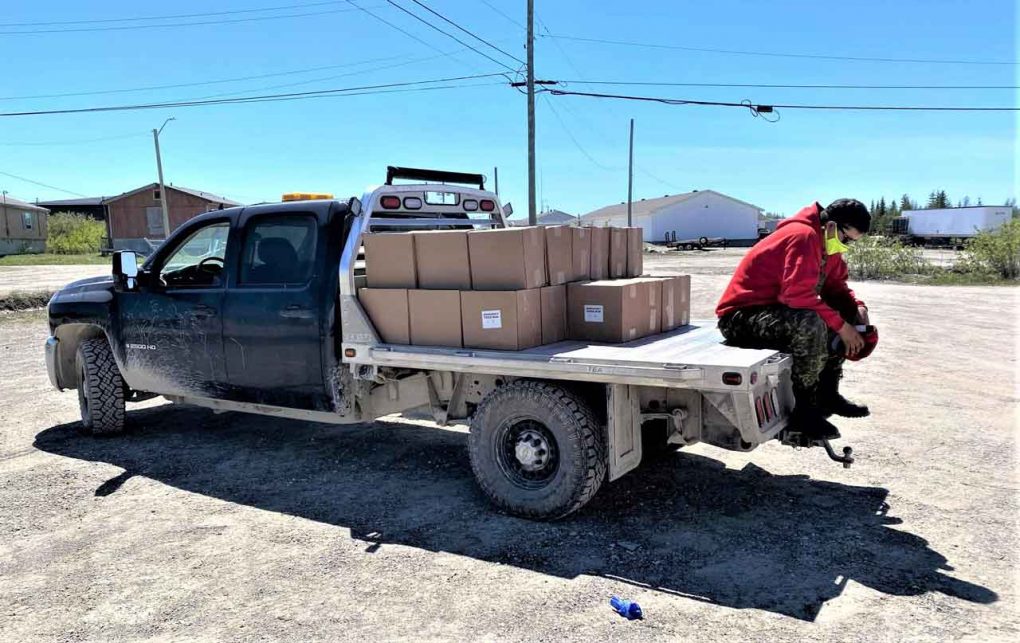
credit
Canadian Rangers
“The Rangers start early in the morning and try to be done by supper time but they can’t do that much of the time. A small number of Rangers are providing a huge amount of support to Kashechewan.”
Major Ferguson said the reaction from First Nation chiefs and council members has been positive. “They have welcomed the Rangers coming to their communities to help,” he said. “Where the Rangers are coming from, to aid another First Nation, their chiefs are aware of where they are going and why and they are giving their full support. There seems to be a deep appreciation for what the Rangers are doing in helping so many First Nations.”
(Sergeant Peter Moon is a public affairs ranger for the 3rd Canadian Ranger Patrol Group at Canadian Forces Base Borden.)

